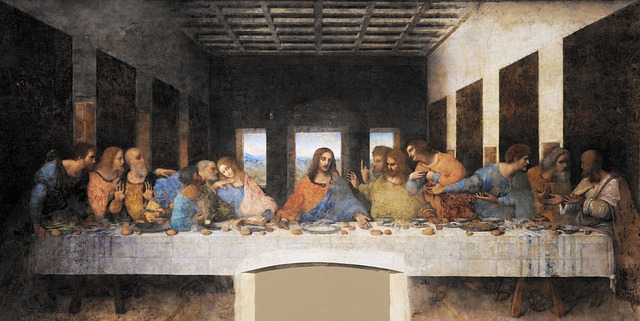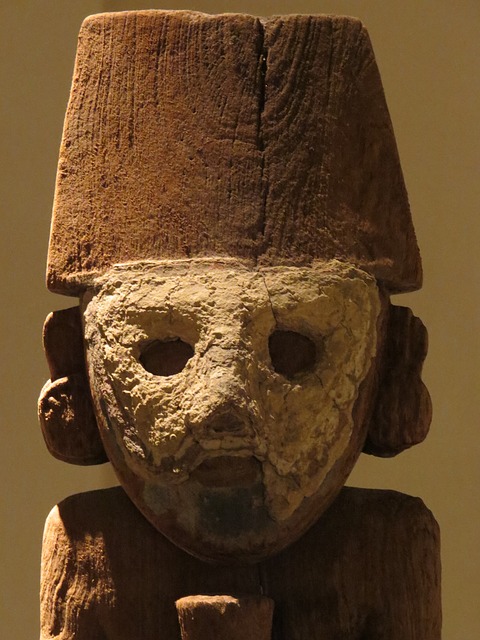
“Jesus replied, ‘A wicked and adulterous generation asks for a sign, but none will be given it except the sign of Jonah.'” – Matthew 12:39
Sign of Jonah
The sign of Jonah? Why Jonah? If my name were to be forever connected with a prophet, numerous would come to mind before Jonah. How about Moses? Ten plagues in “rapid fire” succession until the Israelites were freed. Parting the Red Sea and crossing over on dry ground. How about Elijah? Called down fire from Heaven on Mount Carmel in the “battle” with Baals’ prophets. Rode a chariot of fire by a whirlwind up to Heaven. Elisha? Restored a dead boy back to life. Restored Naaman from his leprosy. Daniel? Bravely prayed to the True God despite the edict not to, and then survived the lion’s den. Isaiah was a prophet of great vision(s) who even saw the Lord seated on His throne. While many proclaimed God’s Truths with great boldness, Jeremiah did it with great compassion. But Jonah? Let’s quickly survey what is recorded about him and compare to Christ.
Reaction to Word
The word of the Lord came to Jonah and told him to go to Ninevah and preach. Jonah disobeyed and fled toward Tarshish, taking the first boat out.
Jesus is the Living Word. Although He was God in the flesh, He always did the will of His Father. Despite His impending death, He set His face towards Jerusalem and the cross.
“Let each of you look not only to his own interests, but also to the interests of others. Have this mind among yourselves, which is yours in Christ Jesus, who, though He was in the form of God, did not count equality with God a thing to be grasped, but emptied Himself, by taking the form of a servant, being born in the likeness of men. And being found in human form, He humbled Himself by becoming obedient to the point of death, even death on a cross.” -Philippians 2:4-8
Relation to Storm
On the way to Tarshish, there was a great storm. While the crew panicked, Jonah slept. To appease God, Jonah was thrown overboard.
Crossing the Sea of Galilee, Jesus and His disciples were caught in a storm. While His disciple’s panicked, Jesus slept. When the disciples woke Jesus, He stopped the storm with a word, proving His deity.
“And they awoke Him and said to Him, ‘Teacher, do you not care that we are perishing?’ And He awoke and rebuked the wind and said to the sea, ‘Peace! Be still!’ And the wind ceased, and there was a great calm. He said to them, ‘Why are you so afraid? Have you still no faith?’ And they were filled with great fear and said to one another, ‘Who then is this, that even the wind and the sea obey Him?'” – Mark 4:38b-41
Three Days
Once thrown overboard, God sent a great fish to swallow Jonah. Jonah spent three days and three nights in the belly of the fish. From the depth of Sheol, Jonah prayed to God, and the fish vomited Jonah out.
While Jesus was “hidden” for three days in the grave, He went to Hades and ripped off the gates, setting the captives free. When the three days were over, the stone was rolled away so the world could see Jesus was raised.
“For Christ also suffered once for sins, the righteous for the unrighteous, that He might bring us to God, being put to death in the flesh but made alive in the spirit, in which He went and proclaimed to the spirits in prison..” – 1 Peter 3:18-19
“When He ascended on high He led a host of captives, and He gave gifts to men. (In saying, ‘He ascended,’ what does it mean but that He had also descended into the lower regions, the earth? He who descended is the one who also ascended far above all the heavens, that He might fill all things.)” – Ephesians 4:8-10
After being spit out of the great fish, Jonah went to Ninevah and preached. Ninevah repented and temporarily turned to God.
After Jesus rose from the dead, He empowered the church with the Holy spirit and forever changed the world and Heaven.
“After this I looked, and behold, a great multitude that no one could number, from every nation, from all tribes and peoples and languages, standing before the throne and before the Lamb, clothed in white robes with palm branches in their hands, and crying out with a loud voice, ‘Salvation belongs to our God who sits on the throne, and to the Lamb!'”. – Revelation 7:9-10
God’s Response
Finally, God responded to each of them. Jonah was rebuked for his selfishness. Jesus was exalted for His selflessness.
“And what is the immeasurable greatness of His power toward us who believe, according to the working of His great might, that He worked in Christ when He raised Him from the dead and seated Him at His right hand in the heavenly places, far above all rule and authority and power and dominion, and above every name that is named, not only in this age but also in the one to come. And He put all things under His feet and gave Him as head over all things to the church, which is His body, the fullness of Him who fills all in all.” – Ephesians 1:19-23
The sign of Jonah? For three days Jonah was in the belly of a fish, helplessly praying for liberation. For three days Jesus was in the “belly” of the earth, liberating the helpless. An evil generation asks for a sign. A desperate people need a Savior. Thank God Jesus is both.
“But God will ransom my soul from the power of Sheol, for He will receive me.” – Psalm 49:15
“For great is your steadfast love toward me; you have delivered my soul from the depths of Sheol.” – Psalm 86:13
“What man can live and never see death? Who can deliver his soul from the power of Sheol?” – Psalm 89:48

 A Fruit Fly
A Fruit Fly

 Get Up
Get Up Bad News
Bad News “The eye is the lamp of the body. So, if your eye is healthy, your whole body will be full of light, but if your eye is bad, your whole body will be full of darkness. If then the light in you is darkness, how great is the darkness!” – Matthew 6:22-24.
“The eye is the lamp of the body. So, if your eye is healthy, your whole body will be full of light, but if your eye is bad, your whole body will be full of darkness. If then the light in you is darkness, how great is the darkness!” – Matthew 6:22-24. To Be Content
To Be Content